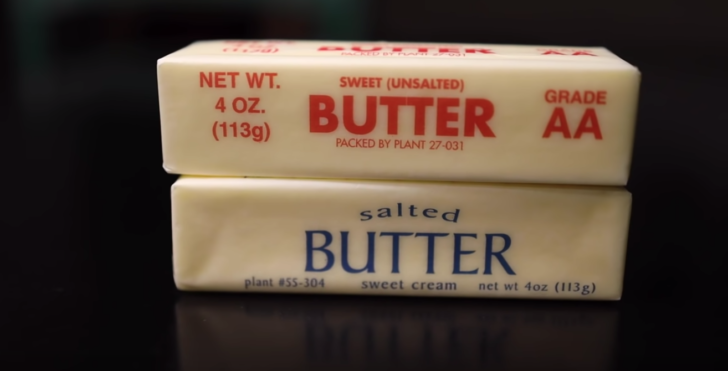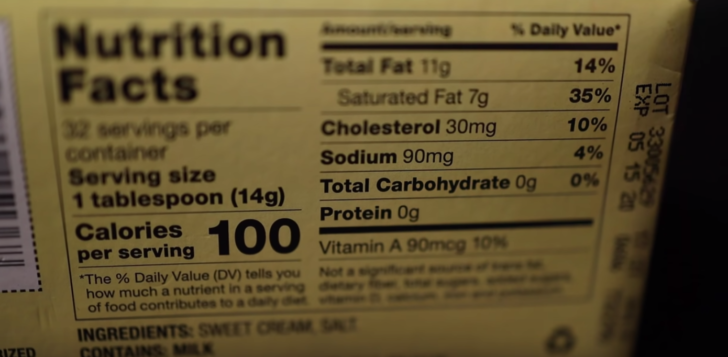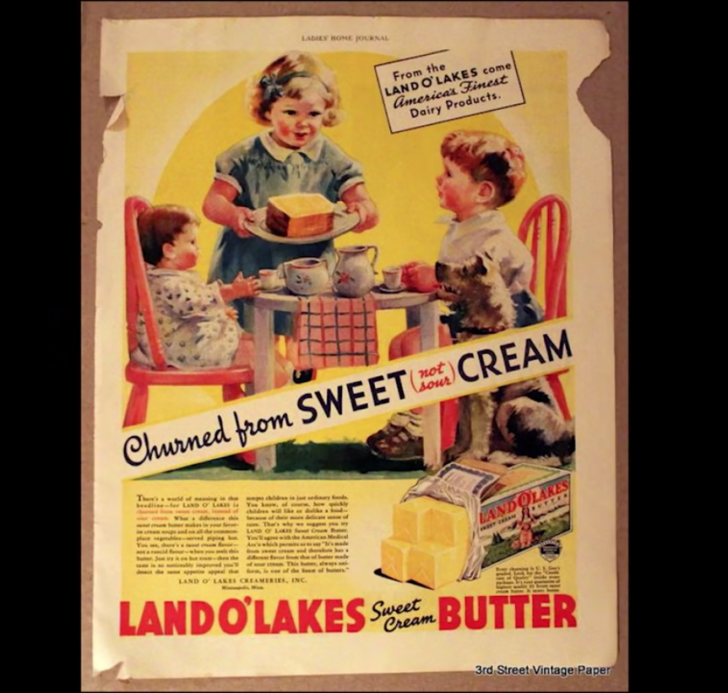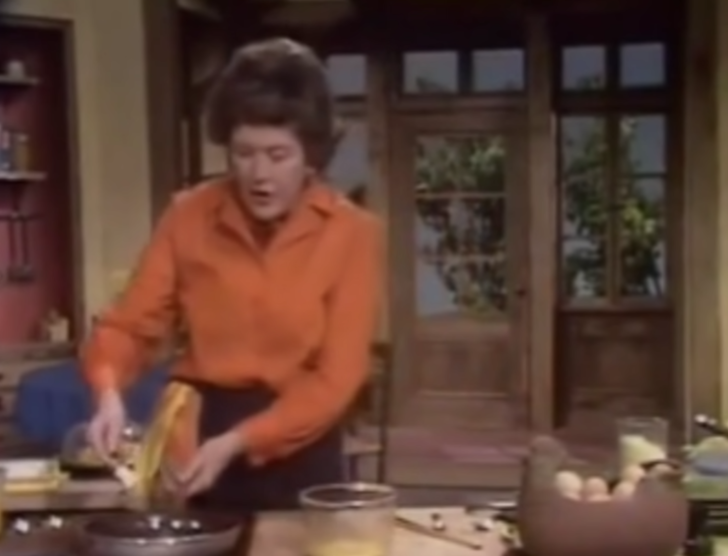The Surprising History of Salted Vs. Unsalted Butter
Who knew this was such a loaded topic?

We’ve all been there; you’re in the grocery store picking up the essentials and you’re in the dairy section, staring at the selection of butter. Margarine, unsalted, salted, kerrygold, ghee, and on and on the options go. I usually don’t go for the fancy butter, preferring to stick to unsalted or salted. And, to be perfectly honest, I don’t really notice the difference between the two. I switch it up from time to time, with no real conviction one way or the other when push comes to shove.
Turns out, there’s a reason for that…

Just how much salt is in unsalted butter? Nowadays, it’s really not much. Your standard salted butter is only about 4% sodium, which, all in all, is only about a pinch of salt for an entire stick. Basically, you won’t really notice a huge difference especially if you’re just cooking at home.
Back in the day, however, salted butter was very salty. We’re talking ten times as salty. Why? Well, as you probably know, salt is the world’s oldest preservative. Before the days of refrigeration, salt was the only way to have butter in the winter months when farmers couldn’t get fresh dairy from their livestock. As such, unsalted, fresh butter was considered a delicacy. Add in the fact that the French have made unsalted butter for forever, and the fanciness factor notches way up.

You’d think with the advent of refrigeration and the ability to produce butter on a mass scale, the stigma about salted butter would be a thing of the past. However, the first few generations of mass butter making proved once again, that unsalted was favored. You see, salt covers up a plethora of impurities and off-flavors, so companies that produced butter without the use of salt could boast of the purity and sweetness of their product.
Even as recent as the 60s and 70s, unsalted butter has been lauded as the superior choice. Chefs like Julia Child, and more recently, Alton Brown, have told us that unsalted butter is best for consistency in your recipes. While this is true, most home cooks won’t notice the difference. It’s only truly important when cooking on a mass scale, like at a restaurant.

Learn more about the history and science behind butter in the video below!
SKM: below-content placeholderWhizzco for DOT

